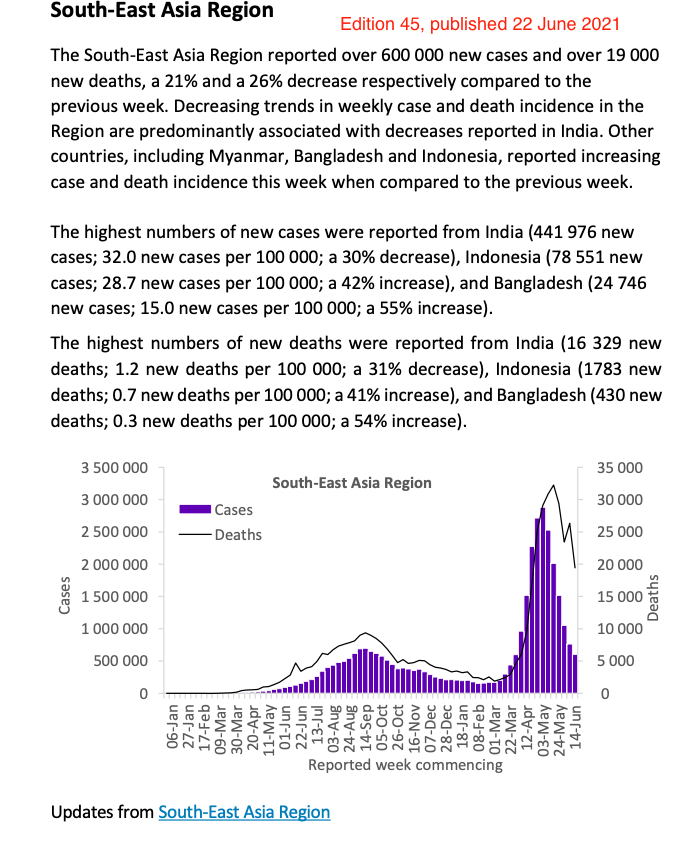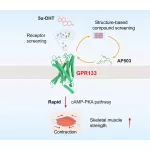WHO, the Global Fund and the International Organization for Migration (IOM) have been working closely to address HIV and tuberculosis (TB) epidemics under the Middle East Response (MER) project. Through the MER 1 grant, WHO is supporting the Ministry of Health in Syria’s national TB programme with 3 mobile clinics in Aleppo, Rural Damascus and Deir-ez-Zor governorates, as Syria’s protracted crisis has severely affected the health system across the country.
Each of the WHO-supported mobile clinics – with accompanying doctor, nurse, laboratory technician and driver – is equipped with an X-ray machine capable of sharing high-quality digital images through mobile networks for swift diagnosis. The mobile clinics also contain an electric generator to be deployed in remote areas with severe electricity shortages.
Samera, a 25-year-old lady from Deir Haffer in Rural Aleppo, had been suffering from weight loss and severe cough for over 2 weeks. During a medical consultation at an Aleppo health care centre, Samera heard about the WHO-supported mobile X-ray clinic that provides health services free-of-charge and visits her village regularly. “Transportation and treatment fees would have overburdened me. Having the mobile clinic in my own village is a tremendous relief,” said Samera, overjoyed.
After her examination and X-ray, the technician sent Samera’s radiology results to an online group of specialized doctors from across the country, including responsible physicians at Al-Masaranieh Specialized Centre, 30 km away. Later, a requested sputum sample was also sent for diagnosis at Al-Masaranieh laboratory, where the culture was tested with a GeneXpert PCR system to assess drug resistance within mere hours. As mobile clinics transport samples to Al-Masaranieh Centre for analysis, patients are no longer forced to make the journey to public health centres for lab results. Once confirmed as a TB patient, Samera’s treatment was initiated and her care began in her village. “Our area is difficult to access for medical treatment and care. The presence of the mobile clinic was simply life-saving,” she added.
During the last 2 years, 83 119 individuals in Aleppo governorate received the needed health services and key messages about TB – integrated with COVID-19 messages – thanks to the WHO mobile clinic. Of the total population screened, 315 tested positive for TB, accounting for 30% of TB cases in the governorate.
“Tuberculosis is one of the top 10 causes of mortality worldwide and remains a significant threat to human life among the most vulnerable in Syria. Tackling the disease remains highly challenging in a country where widespread shortages of medicines and displacement interrupt essential lengthy treatments that are needed to prevent the development of drug-resistant TB,” said Dr Iman Shankiti, WHO Representative a.i in Syria. “We highly appreciate our partnerships with the Global Fund and IOM to provide quality health services to all people in need without exposing them to financial hardship, and we will spare no efforts to ensure that everyone everywhere has an equal chance at a healthy life,” Dr Shankiti added.
WHO support extends to building the capacity of health care officers at the national TB programme. In 2021, the national programme and the National Reference Laboratory for TB testing held 15 coordination and capacity-building workshops attended by 390 national TB programme officers from various governorates.











